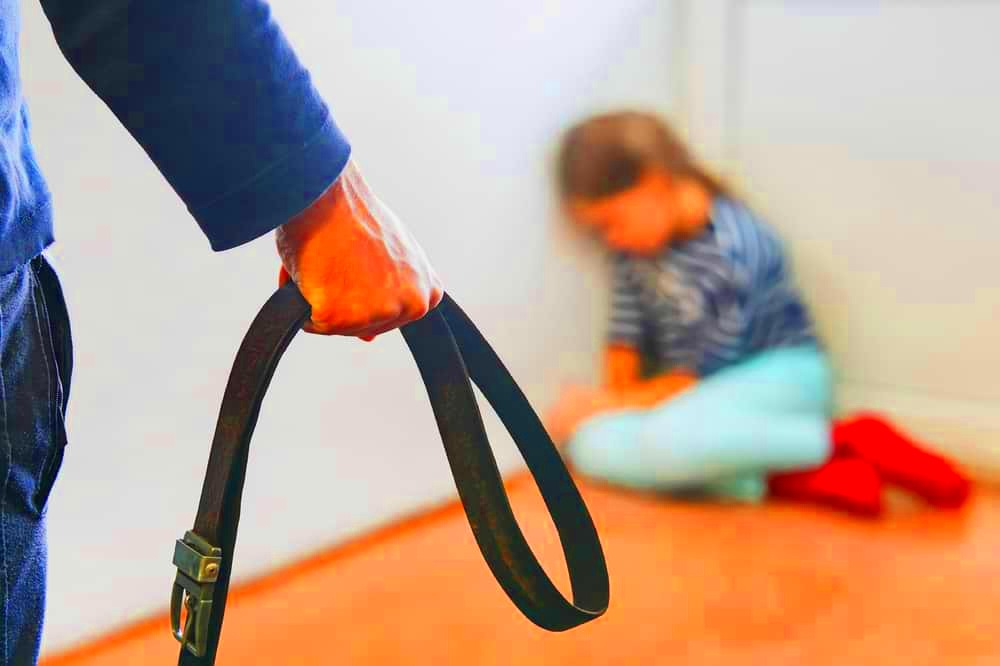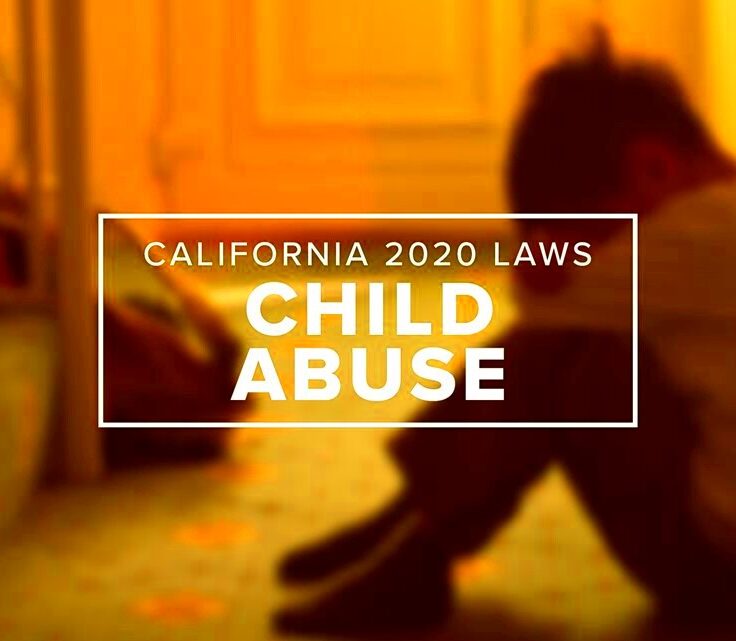California Child Discipline Laws Explained
California’s child discipline laws are designed to protect children while allowing parents some leeway in guiding their behavior. The state recognizes the importance of discipline in child-rearing but balances this with the need to ensure children’s safety and well-being. Understanding these laws is essential for parents, caregivers, and anyone involved in a child’s life to ensure that discipline methods are lawful and appropriate.
Understanding Reasonable Discipline in California

In California, reasonable discipline is defined as actions taken by a parent or guardian that are intended to teach a child appropriate behavior without causing physical or emotional harm. This concept is essential because it emphasizes the idea that discipline should be corrective rather than punitive. Here are some key points to understand:
- Parental Rights: Parents have the right to discipline their children, but this must be done within legal boundaries.
- Reasonableness: The method of discipline should be appropriate for the child’s age and level of understanding.
- Intent: The goal of discipline should be to teach, not to punish or harm.
Understanding these principles helps parents navigate the fine line between discipline and abuse.
Types of Discipline Allowed by Law
California law allows various forms of discipline, provided they are reasonable and do not cross into abuse. Here are some commonly accepted methods:
- Verbal Corrections: Using calm and clear language to explain why a behavior is unacceptable.
- Time-Out: Temporarily removing a child from a situation to allow them to calm down and reflect on their behavior.
- Natural Consequences: Allowing a child to experience the results of their actions, promoting learning through experience.
- Setting Clear Rules: Establishing boundaries and consequences in advance helps children understand expectations.
It’s crucial for parents to remember that any discipline method should not cause physical harm or emotional distress. Discipline should be about guiding children toward better behavior, not instilling fear or pain.
Physical Discipline and Legal Limits
When it comes to physical discipline in California, the laws are quite clear. Parents and guardians are allowed to use some forms of physical discipline, but there are strict limits to ensure children’s safety. The key takeaway here is that any physical punishment must be reasonable and non-harmful. Here are some important points to consider:
- Reasonable Force: California law permits the use of reasonable force as a form of discipline. However, this should never be excessive or cause injury.
- Prohibited Actions: Actions like hitting, shaking, or any form of corporal punishment that can cause harm are considered illegal.
- Age Appropriateness: The discipline method should be suitable for the child’s age. What may be acceptable for a toddler might not be suitable for a teenager.
Understanding these legal limits is crucial for parents. If the use of physical discipline crosses into abuse, it can lead to serious legal consequences, including loss of custody or criminal charges.
Emotional Abuse and Its Implications
Emotional abuse is often overlooked, but it’s just as damaging as physical abuse. In California, emotional abuse is defined as any behavior that harms a child’s emotional well-being or development. This can include constant criticism, threats, or rejection. Here’s what you should know:
- Signs of Emotional Abuse: Look for changes in a child’s behavior, such as withdrawal, low self-esteem, or fearfulness.
- Legal Perspective: Emotional abuse can lead to serious legal implications for parents, including intervention from child protective services.
- Long-term Effects: Children who experience emotional abuse may struggle with relationships, self-worth, and mental health issues later in life.
It’s vital for parents to understand that discipline should never harm a child emotionally. Healthy communication and support are crucial for a child’s development.
Reporting Child Abuse in California
If you suspect that a child is being abused, it’s crucial to take action. California has specific laws regarding the reporting of child abuse to ensure the safety and well-being of children. Here’s what you need to know:
- Who Can Report: Anyone can report suspected child abuse. This includes parents, teachers, doctors, and even concerned friends or neighbors.
- How to Report: Reports can be made to local child protective services or law enforcement. You can do this anonymously if preferred.
- What to Include: When making a report, provide as much detail as possible, including the child’s name, address, and the nature of the abuse.
California law mandates that certain professionals, like teachers and doctors, report any suspicions of child abuse. Remember, reporting is about protecting the child, and it’s better to be safe than sorry.
Legal Consequences for Excessive Discipline
Excessive discipline can have serious legal repercussions in California. While parents have the right to discipline their children, crossing the line into abuse can lead to severe consequences. It’s essential to understand what constitutes excessive discipline and the potential outcomes:
- Child Protective Services Involvement: If excessive discipline is reported, child protective services (CPS) may investigate the situation. This can lead to home visits and interviews with family members.
- Criminal Charges: If the discipline used is deemed abusive, parents can face criminal charges, including child abuse or neglect, which can result in fines, probation, or even jail time.
- Loss of Custody: In severe cases, parents may lose custody of their children. The court can place the child in foster care or with a relative until the situation is resolved.
It’s crucial for parents to recognize the difference between discipline and abuse. Understanding the legal boundaries helps protect both the child and the parent from negative outcomes.
FAQs About Child Discipline Laws in California
Many parents have questions about child discipline laws in California. Here are some frequently asked questions that can help clarify common concerns:
- What is considered reasonable discipline? Reasonable discipline includes methods that do not cause harm, such as verbal corrections or time-outs.
- Can I use physical punishment? While limited physical discipline is allowed, it must be reasonable and should never cause injury.
- What if I suspect a child is being abused? You should report your suspicions to local child protective services or law enforcement. Reporting is confidential and can protect the child.
- How do I know if I am crossing the line? If your discipline causes physical harm or emotional distress, it is likely excessive. Seeking guidance or counseling can be beneficial.
These questions highlight the importance of understanding the laws to ensure that discipline remains a constructive part of parenting.
Conclusion on California Child Discipline Laws
Understanding California’s child discipline laws is crucial for every parent and caregiver. While discipline is an important part of raising children, it must be done within legal boundaries to ensure safety and well-being. Remember, reasonable discipline should be corrective, not punitive. Here’s a quick recap:
- Know the Limits: Understand what forms of discipline are allowed and which are not.
- Stay Informed: Keep yourself updated on the laws and best practices for disciplining children.
- Prioritize Communication: Focus on open communication and emotional support to guide your child effectively.
By staying informed and practicing reasonable discipline, parents can foster a positive environment that encourages learning and growth while keeping children safe from harm.


